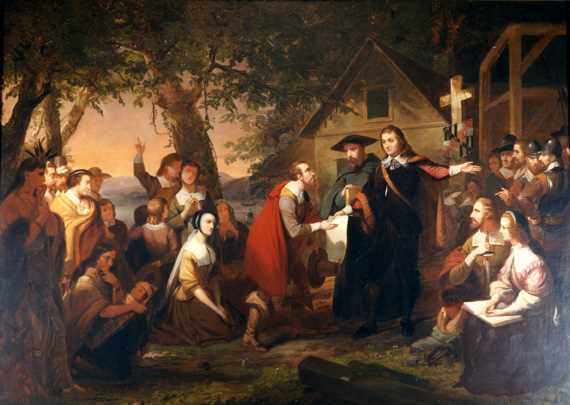Calvert was as yet a young fellow of 26 years when his dad, George Calvert, Lord Baltimore, kicked the bucket in 1632. Upon his dad's demise, Cecil turned into the Second Baron of Baltimore and acquired the states and grounds possessed by his dad. Lord Charles I had affirmed a demand from George Calvert to build up a settlement called the Province of Maryland ("Terra Mariae") in 1632.

In any case, the Calvert family did not get the Charter of Maryland until after George Calvert passed on. Presently it was dependent upon Cecil Calvert to build up and oversee the new settlement. Cecil was accomplished, yet he had did not have his dad's long stretches of involvement with overseeing provinces. Nobody comprehended what sort of pioneer Cecil may end up being the point at which the King named him Lord Proprietor of Maryland. Be that as it may, Cecil was an insightful pioneer.
He welcomed children of Catholic and Protestant families to sail to Maryland and build up the new settlement. Every one of these men conveyed hirelings with them to the New World. Cecil needed to join the gathering of pilgrims, yet needed to remain in England to secure his contract. He was worried that nobody would have the capacity to keep the King's help for Maryland in the event that he exited the nation. He sent his sibling, Leonard, on the voyage and made him the state's first Governor. Before Leonard cruised for Maryland in November 1633, Cecil gave his sibling an arrangement of directions to assist him with the state's administration. Cecil needed to verify that Roman Catholics and Protestant were dealt with genuinely under the new arrangement of government. He enabled Catholics to rehearse their religion.
Cecil said that Catholics and Protestants ought not be permitted to contend with each other about their convictions. Cecil was Catholic and thought about the issues that Catholics and Protestants may have in living respectively. He likewise informed the pioneers about the design regarding properties in their first town and about correspondences with the homesteaders in Virginia.
Cecil represented Maryland from his home in England, where he lived with his significant other Anne Arundell and their kids. Cecil was never ready to visit his province on account of the social and political issues in England. The English Parliament had such a large number of conflicts with King Charles I amid the mid seventeenth-century that they battled a common war against him (1642-1649). The war affected occasions in Maryland on the grounds that the administration of England was isolated between those supporting the King and those supporting Parliament. Cecil needed to ensure that the Maryland settlement would be secured regardless of which side won the common war. He made companions in Parliament, yet he kept on supporting King Charles I for whatever length of time that he could. In the mean time, a Parliamentary supporter named Richard Ingle assaulted St. Mary's City in 1645. Ingle and his men took a portion of Maryland's legislature and Catholic pioneers detainee, and others, including Leonard Calvert, fled to Virginia for a period.
It took Cecil and Leonard Calvert right around multi year to take control of Maryland once more. Yet, Leonard kicked the bucket in 1647, and the pioneers required another Governor. This arrangement was Cecil's method for guaranteeing Parliament of his unwaveringness. Parliament enabled Cecil to remain the Proprietor of Maryland. On April 2, 1649, Cecil gave Governor Stone another law to be voted on by the Maryland Assembly. This law is regularly called the "Demonstration of Toleration," however Cecil's name for the law was "An Act Concerning Religion." The Assembly sanctioned the greater part of the Act of Toleration's parts into law. The Act gave homesteaders flexibility to love any Christian confidence, inasmuch as they were faithful to Cecil Calvert and the common government.
"Cheers"